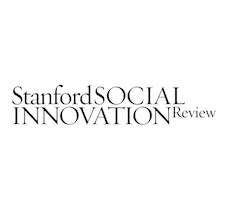Although more and more organizations are taking steps toward greater diversity, equity, and inclusion (DEI) in the workplace, people of color continue to consistently report feeling undervalued, unsafe, and exhausted from navigating unwelcoming work environments. They see implicit biases play out as micro-aggressions (such as consistently mispronouncing one’s name, confusing one person of color for another, or showing surprise that a person of color is the leader) and experience blatant racist behaviors, such as being the target of racial slurs. People of color also experience more negative outcomes related to hiring, promotions, terminations, and performance evaluations than their white peers. Many remain silent about these experiences for fear of not being believed and losing employment.
These experiences and outcomes are signs of an unhealthy work environment that devalues DEI, and we know that repeated exposure to an unhealthy workplace takes a physical and emotional toll on workers. It negatively impacts employees’ overall well-being—a problem often amplified by systemic disparities in access to health care.
This is an excerpt from the article Equity and Inclusion: The Roots of Organizational Well-Being by Mary-Frances Winters.
This article is a part of a special series on the connection between inner well-being and social change, in partnership with The Wellbeing Project, Stanford Social Innovation Review, Schwab Foundation at the World Economic Forum, and Skoll Foundation.





